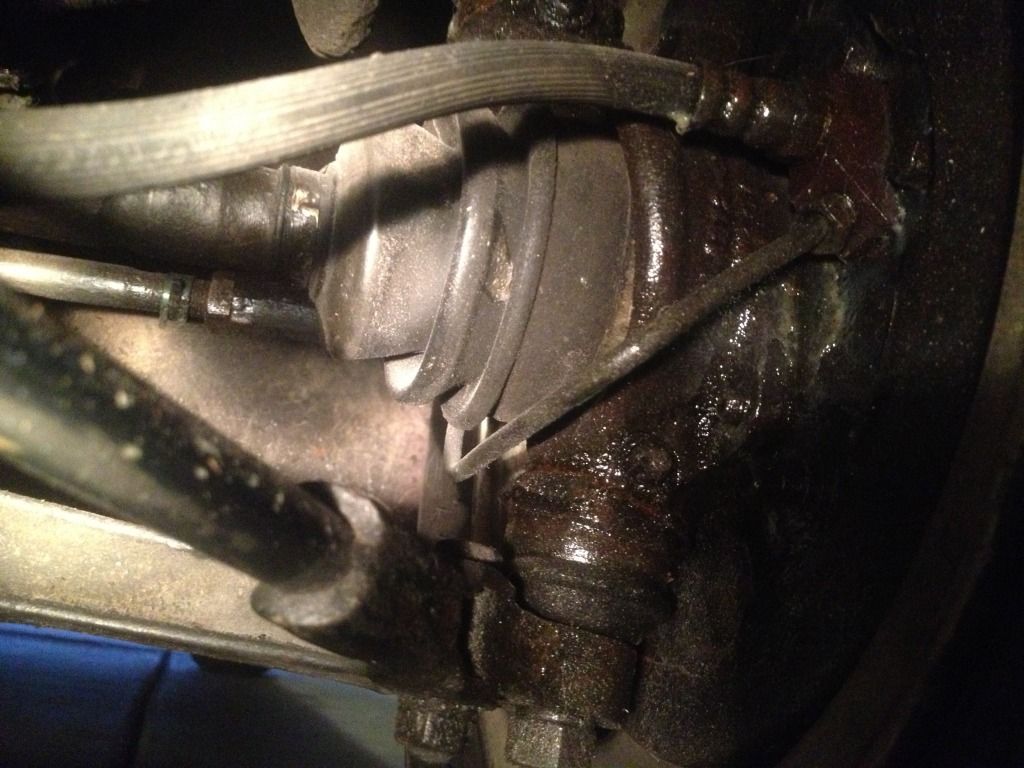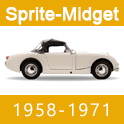| Orig. Posting Date | User Name | Edit Date |
| Sep 14, 2014 11:17AM | CA2SBL1275 | |
| Sep 14, 2014 07:48AM | mur | |
| Sep 14, 2014 07:06AM | robster | Edited: Sep 14, 2014 07:10AM |
| Sep 14, 2014 06:03AM | dklawson | |
| Sep 12, 2014 08:45PM | gurunutkins | |
| Sep 12, 2014 08:29PM | robster | Edited: Sep 12, 2014 08:31PM |
| Sep 12, 2014 07:40PM | CA2SBL1275 | |
| Sep 12, 2014 06:39PM | robster | Edited: Sep 12, 2014 06:43PM |
|
Total posts: 117
Last post: Feb 22, 2017 Member since:May 15, 2011
|
Cars in Garage: 0
Photos: 0 WorkBench Posts: 0 |

|
Robster:
Do NOT add grease to what is already in the joint.
The amount of grease inside the joint is a measured amount.
It is NOT one of those "more is better" things.
Too much grease will cause internal pressure from the parts moving around while driving that will burst the rubberr boot.
Also, the new rubber boots sold now are different from the old rubber boots and the new boot may rub on the hub area around the CV joint.
If you blow out your old boot, a replacement boot may rub and wear out and fail.
Unless there is a problem with the CV joint, or the boot is actually leaking grease, leave it alone.
If you absolutely need to play with it, take the hub apart, remove the axel and CV joint, take apart the CV joint and keep track of EXACTLY how all the parts go together, clean all of the old grease off of all parts, liberally put ALL of the new grease from the rubber boot kit on all if the parts and reassemble the joint EXACTLY the way it was before.
All of the parts in the joint have been working together for years. They have corresponding wear patterns. If the parts are not reassembled the way they were before, they may wear out quicker than if you left it alone. Then you will need to replace the whole joint.
If it aint broke, don't fix it.
Russ
|
Total posts: 5840
Last post: Nov 1, 2019 Member since:Nov 12, 1999
|
Cars in Garage: 0
Photos: 0 WorkBench Posts: 0 |

|
You mean well but your plan is not a good one.
If you are concerned, and frankly, I would not be and I have gone an entire winter with a worn cv boot, then the best plan is to buy a new boot and remove the joint, clean up all of the old grease, and repack the joint, then fit the new boot and refit the assembly to the car.
oh, did anyone mention that often new parts are not made as well as old parts? Let's say you remove a perfectly fine decades old cv boot and put a new one in, and that new one lasts three months! win!
another thing to consider is that the wheel bearing has a lot more riding on it, and wears out three times as fast as a cv joint. Real preventive maintenance would see having a good look at the wheel bearing assembly, ball joints and other wear items in the front suspension.
lastly, I will not have a mini with drum brakes ever again, although I am confident in my ability to keep them well adjusted. Disc brakes are a must for using a mini in modern traffic. Converting to Cooper s sized disc brakes will mean a new outer CV joint and everything past that. While it may seem expensive it is cheap in terms of operating costs and the huge amount of grief an insurance claim would be.
|
Total posts: 598
Last post: Dec 29, 2023 Member since:Sep 6, 2014
|
Cars in Garage: 0
Photos: 0 WorkBench Posts: 0 |
ok im gonna buy that grease and shoot some inside the boot.. better be sure than sorry,i dont want to wake up one day with a shot coupling...
i already have the stainless ties ready
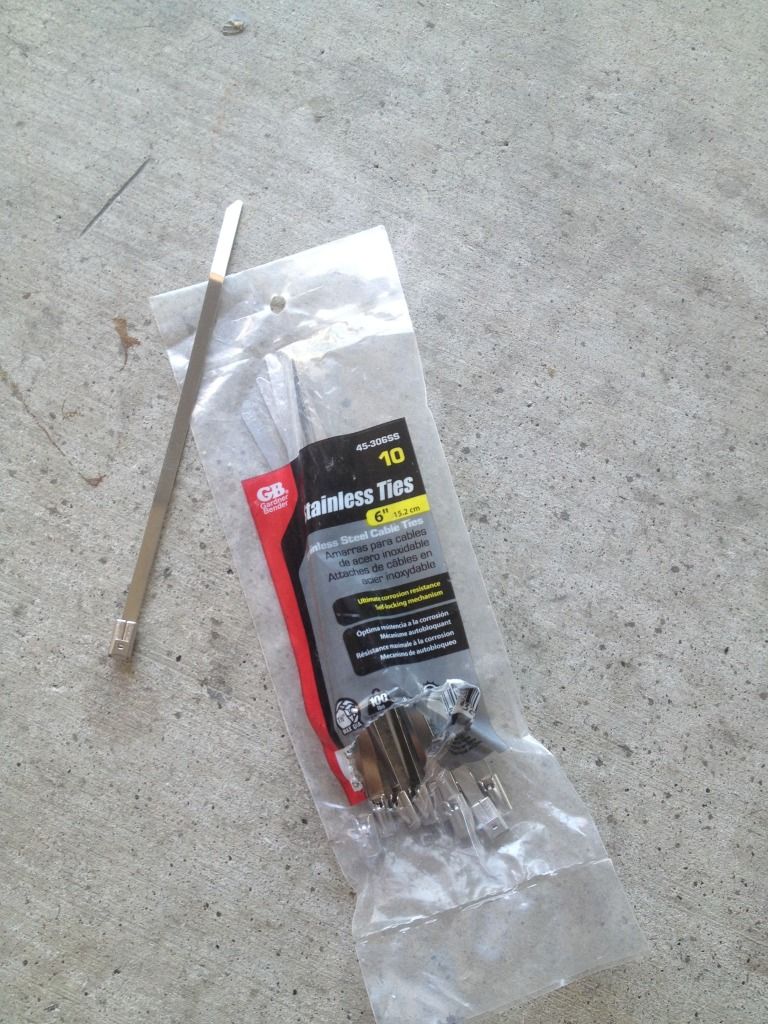
thanks much
|
Total posts: 9241
Last post: Aug 17, 2023 Member since:Jun 5, 2000
|
Cars in Garage: 0
Photos: 0 WorkBench Posts: 0 |

|
Consider this one more vote for using the proper, molly filled, CV joint grease.
|
Total posts: 397
Last post: Sep 27, 2018 Member since:Jul 29, 2008
|
Cars in Garage: 1
Photos: 107 WorkBench Posts: 1 |

|
I would not use assembly lube - you need CV grease but to be honest I would leave it alone until you need to do something

cheers
Barri
some new cars, 99 disco II, 88 jag xj40, 76 cadilac de ville 500c.i. (8.2l), 74 450sl, 69 lotus 7, 61 countryman (restoration)
the best view is always from the point of no return
|
Total posts: 598
Last post: Dec 29, 2023 Member since:Sep 6, 2014
|
Cars in Garage: 0
Photos: 0 WorkBench Posts: 0 |
thanks Russ,
the liquid around the hub is anti rust fluid, i let it sit there for some time before i rinse it and give it a shot of primer...but lol, you're right about the boot, after 37 years it should've been rotten and falling., the previous owner must have replaced it and regrease. ,
im just worried that they might have put little grease or no grease,and wake up one day with a knocking coupling , but yah if i put too much grease, the boot might burst at high speed,,might as well leave it alone...ty
but if i decide to shoot some grease inside it, ill probably use this:
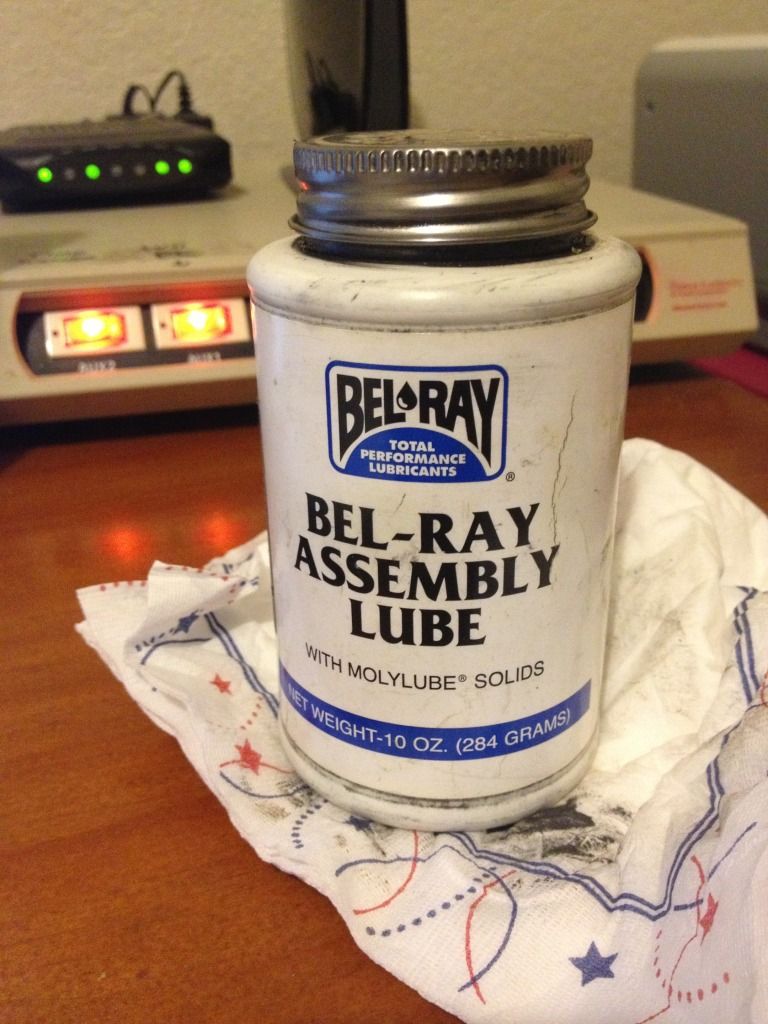
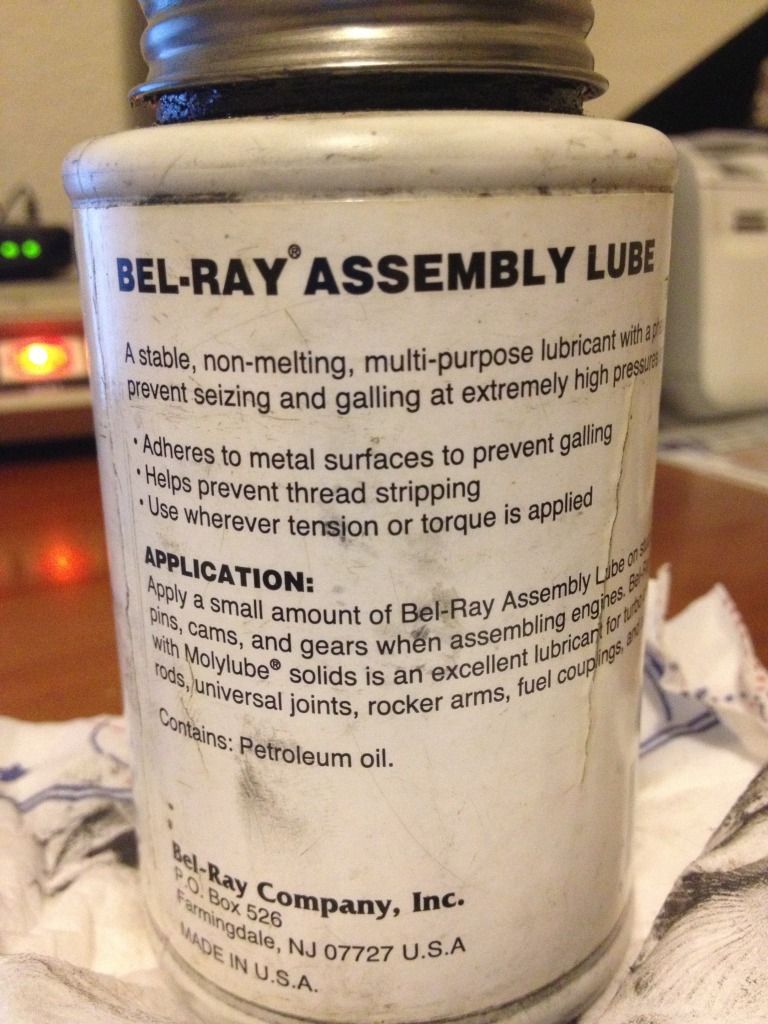
|
Total posts: 117
Last post: Feb 22, 2017 Member since:May 15, 2011
|
Cars in Garage: 0
Photos: 0 WorkBench Posts: 0 |

|
Robster:
After 37 years, it should be a suprise the rubber boot is in good condition.
Usually, the constant velocity joints are left alone unless the boot is torn and the grease has come out or the joint is worn and makes a clicking sound on turns.
The grease is special molybdenum grease that can wthstand high pressure between metal parts.
A plastic pouch of the grease comes in the replacement rubber boot kit.
Just any heavy duty grease is asking for trouble. Ordinary grease probably will not work with the moly grease.
Also, to much grease in the joint can cause the boot to burst from the inturnal pressure when the car is driven.
What you should worry about is what is the liquid all over the hub and brake backing plate?
Is that a brake fluid leak or engine oil? Since the brake hose and suspension parts are dry, it looks like brake fluid.
Have fun,
Russ
|
Total posts: 598
Last post: Dec 29, 2023 Member since:Sep 6, 2014
|
Cars in Garage: 0
Photos: 0 WorkBench Posts: 0 |
hi does this need to be filled with grease? the boot is still pliable and ok, im thinking of removing the smaller metal strap and shoot some heavy duty grease inside. it a 37 y old car the grease inside might have lost its lubricity.. any input? am i on the right track, thanks in advance
